
Front view of African american boy using laptop while drawing a sketch on book at home
Teachers: 5 Keys to Successful Homework Assignments During Remote Learning
While students and their families are coping with so much, teachers should be mindful to assign only homework that’s truly meaningful.
How can homework be reimagined during remote or hybrid learning? Are students already spending too much time on their screen—why assign more screen time? What is the purpose of the assignment?
 As a middle school instructional coach, I often work with teachers who are unsure of how much to give and what to give. They’re also inevitably worried about finding the time to grade it. As a parent, I know how stressful it can be to balance your own work while also helping your own children with homework.
As a middle school instructional coach, I often work with teachers who are unsure of how much to give and what to give. They’re also inevitably worried about finding the time to grade it. As a parent, I know how stressful it can be to balance your own work while also helping your own children with homework.
Since remote learning began in March, some schools have banned homework or modified homework policies, but if you’re a teacher who’s allowed to assign homework or an administrator who sets homework policy, the following suggestions may help.
5 KEYS TO MAKING HOMEWORK MORE MEANINGFUL
1. Off-screen reading: Books, books, books. Whether your students are reading books they chose or assigned novels, quiet reading time (or time listening to audiobooks) is a welcome assignment in most homes—I say this as a mom myself. Students can be held accountable for their reading through Harkness discussions in class or on Zoom, journal entries (written or in Flipgrid-style video), or old-fashioned sticky-note annotations in the book itself.
2. Less is more: Unfortunately, math teachers have the reputation of assigning something like “problems 1 through 45” (OK, maybe I’m exaggerating). Do students need to repeat the same skill over and over? Consider how much time you have in class the next day to actually review several problems. Instead, can you choose four or five rich multistep problems that provide practice and application of the skills? Or, alternatively, offer student choice: “Choose five out of these 10 problems.”
In a humanities or science class, can students answer one extended compare-and-contrast question rather than the chapter review in the textbook?
3. Personalized homework: Many students (and adults alike) love to talk about themselves. If students can make the assignment personal to them, they might feel more motivated to complete it. An example might be to compare the protagonist of the assigned reading with themselves in a Venn diagram. In a language class, they can describe a fictitious superhero using descriptive vocabulary in the language they’re studying. Or assign students to make a Flipgrid-style dance or song describing the scientific method (this example was inspired by TikTok).
4. Family involvement: Use this option carefully, especially now when many parents and guardians are stretched thin. Before making family assignments, be sure to get a feel for your students’ family situations to avoid putting anyone at a disadvantage. Give families a heads-up and plenty of time for such assignments.
If you feel it’s appropriate to proceed, ask students to take a video of themselves teaching a new concept to a family member. To practice operations with fractions, students can bring in a favorite family recipe with the measurements adjusted for fewer servings or multiple servings. Assign a riddle or math puzzle for students to discuss with the family, and ask them to write down the various answers they hear.
Whatever you assign, keep it light, low-stakes, and infrequent.
5. Flipped homework: In my experience, students get tired of watching instructional videos, but a few short, well-planned videos can be useful to assign the night before to spark discussion the next day in class. Follow the video with a short Google Form to ask the student to reflect and/or ask initial questions about what they watched. Use flipped learning sparingly to keep it novel and unique.
What about the grading? With shared docs, older students can easily share their work with their peers for review. Take some time to educate students on how to constructively comment on each other’s work. If a student’s assignment is missing, their partner will let them know, which takes some of the burden off of the teacher. This method should not be used for graded summative assessments and should be monitored by the teacher. Peer review can also serve as a differentiation strategy by grouping students by readiness and ability when applicable.
If your school’s homework policies allow, be creative with your assignments. As you create your assignments, consider the following:
- What will a student learn or gain from this work?
- Is it worth their time?
- Is it creating more home stress?
If we reimagine homework, students might actually cheer instead of groan when it’s assigned. OK, that’s wishful thinking, but they should definitely get more out of their assignments.













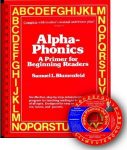 the early days of the Republic, schooling was relegated to the states, religious organizations and school proprietors. According to Sam Blumenfeld,* in an article entitled “The History of Public Education,” towns in New England were “required to maintain common schools supported and controlled by the local citizenry … to make sure that children learned to read.” However, there were no laws making school attendance compulsory and there was no centralized state control. Despite the absence of formal public involvement in the education of children, a large segment of the population, according to Blumenfeld, “was literate enough to read the Federalist Papers, the King James Version of the Bible and everything else that was published.” *
the early days of the Republic, schooling was relegated to the states, religious organizations and school proprietors. According to Sam Blumenfeld,* in an article entitled “The History of Public Education,” towns in New England were “required to maintain common schools supported and controlled by the local citizenry … to make sure that children learned to read.” However, there were no laws making school attendance compulsory and there was no centralized state control. Despite the absence of formal public involvement in the education of children, a large segment of the population, according to Blumenfeld, “was literate enough to read the Federalist Papers, the King James Version of the Bible and everything else that was published.” *








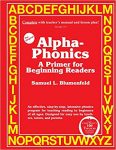 take notes while reading the text assignment. In fact, David Cieri of Holy Cross High School in Delran, New Jersey, uses “my homemade” system in which he draws a line down the center of a notebook, writes notes from the text on one side and those from the teacher’s lecture on the other. Then he is able to review both aspects of the assignment at once. Just before the bell rings, most students close their books, put away papers, whisper to friends and get ready to rush out. Anderson uses those few minutes to write a two- or three-sentence summary of the lesson’s principal points, which she scans before the next day’s class. Here are more
take notes while reading the text assignment. In fact, David Cieri of Holy Cross High School in Delran, New Jersey, uses “my homemade” system in which he draws a line down the center of a notebook, writes notes from the text on one side and those from the teacher’s lecture on the other. Then he is able to review both aspects of the assignment at once. Just before the bell rings, most students close their books, put away papers, whisper to friends and get ready to rush out. Anderson uses those few minutes to write a two- or three-sentence summary of the lesson’s principal points, which she scans before the next day’s class. Here are more 


 observed a freshman calculus class in which Asian-Americans, on average, scored higher than other minority students from similar academic backgrounds. Treisman found that the Asian-Americans discussed homework problems together, tried different approaches, and explained their solutions to one another. The others, by contrast, studied alone, spent most of their time reading and rereading the text, and tried the same approach time after time even if it was unsuccessful. On the basis of his findings, Treisman suggested teaching group-study methods in the course. Once that was done, the groups performed equally well. Check out the
observed a freshman calculus class in which Asian-Americans, on average, scored higher than other minority students from similar academic backgrounds. Treisman found that the Asian-Americans discussed homework problems together, tried different approaches, and explained their solutions to one another. The others, by contrast, studied alone, spent most of their time reading and rereading the text, and tried the same approach time after time even if it was unsuccessful. On the basis of his findings, Treisman suggested teaching group-study methods in the course. Once that was done, the groups performed equally well. Check out the





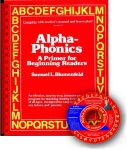
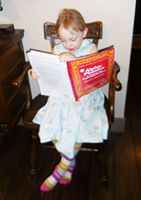











 The culinary school Raposo chose was Le Cordon Bleu in Paris. Even without the advantages of fluent French, she was able to graduate and returned to the Berkshires in western Massachusetts to open Little Lamb, a patisserie, in November 2019.
The culinary school Raposo chose was Le Cordon Bleu in Paris. Even without the advantages of fluent French, she was able to graduate and returned to the Berkshires in western Massachusetts to open Little Lamb, a patisserie, in November 2019.



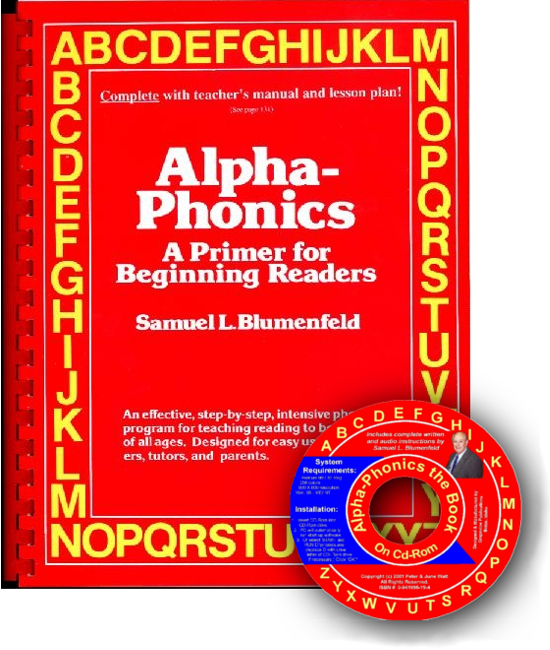 Alpha-Phonics
Alpha-Phonics The Alphabet Song!
The Alphabet Song! Water on the Floor
Water on the Floor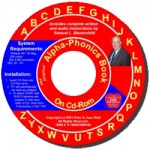 Alpha-Phonics the Book on CD Rom
Alpha-Phonics the Book on CD Rom Blumenfeld Oral Reading Assessment Test
Blumenfeld Oral Reading Assessment Test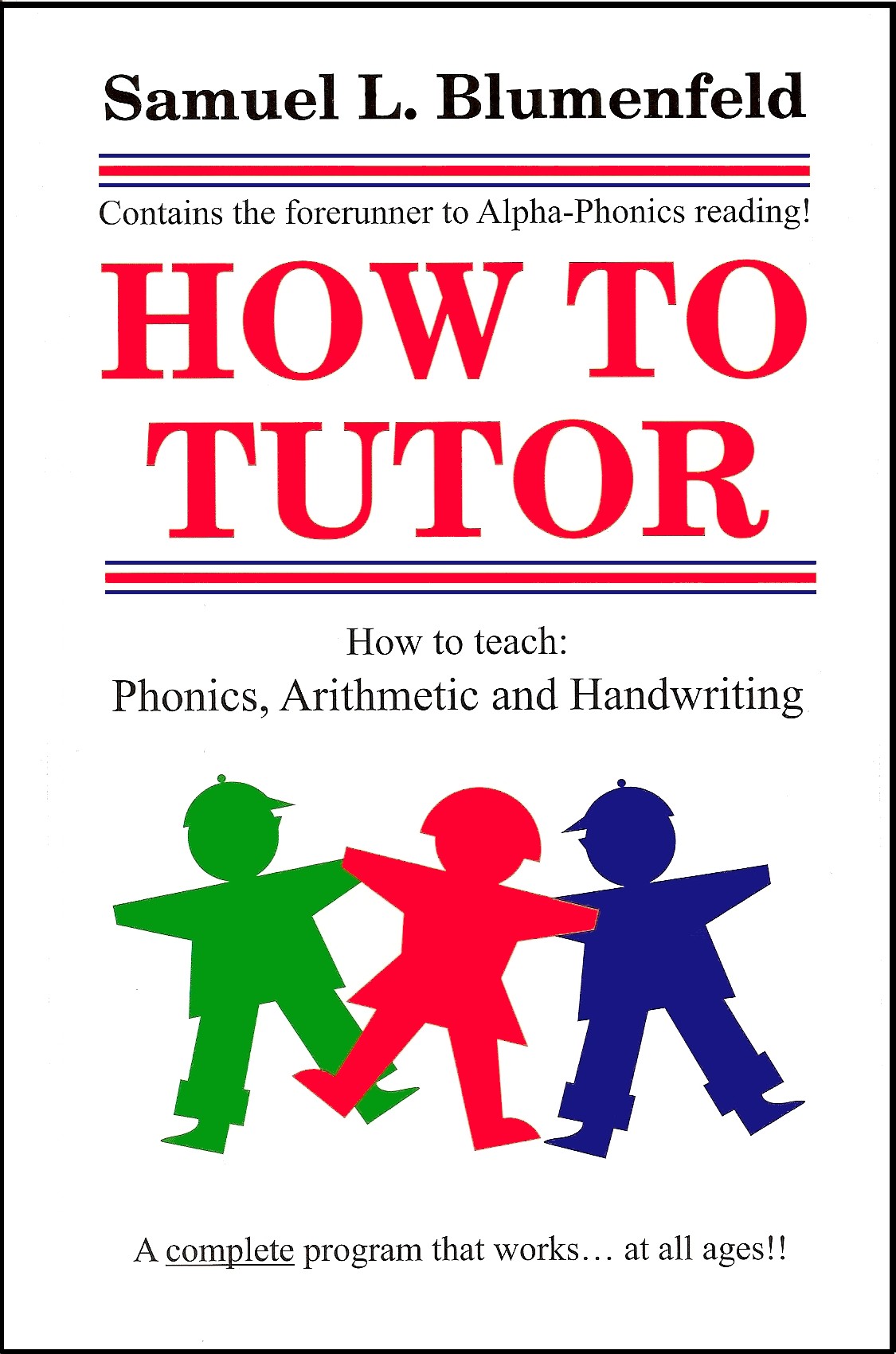 How To Tutor
How To Tutor How To Tutor Cursive Handwriting Workbook
How To Tutor Cursive Handwriting Workbook